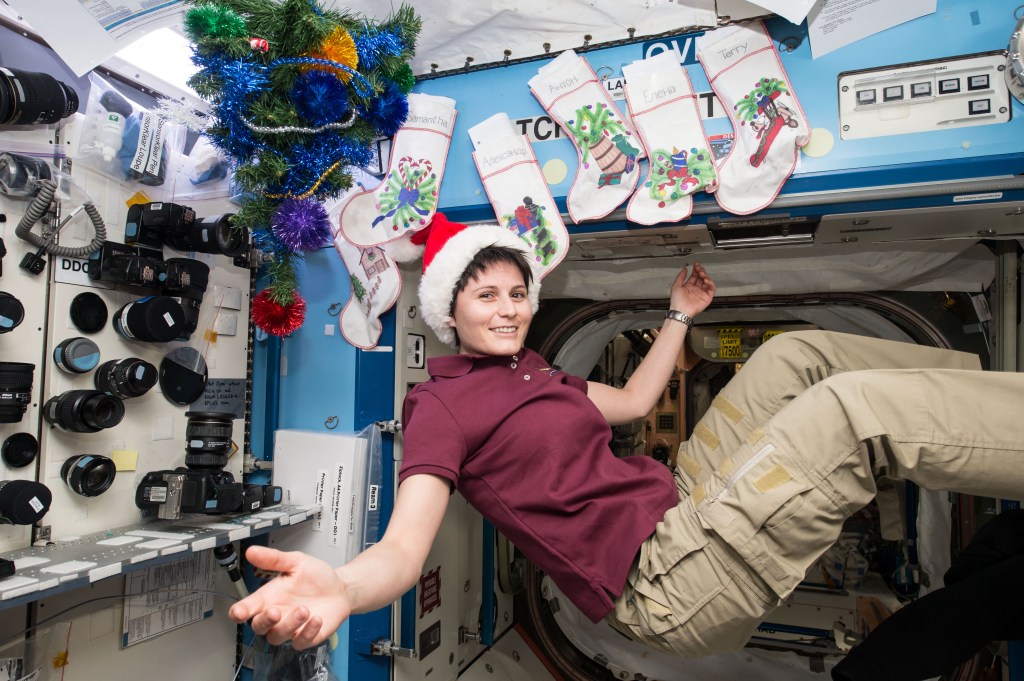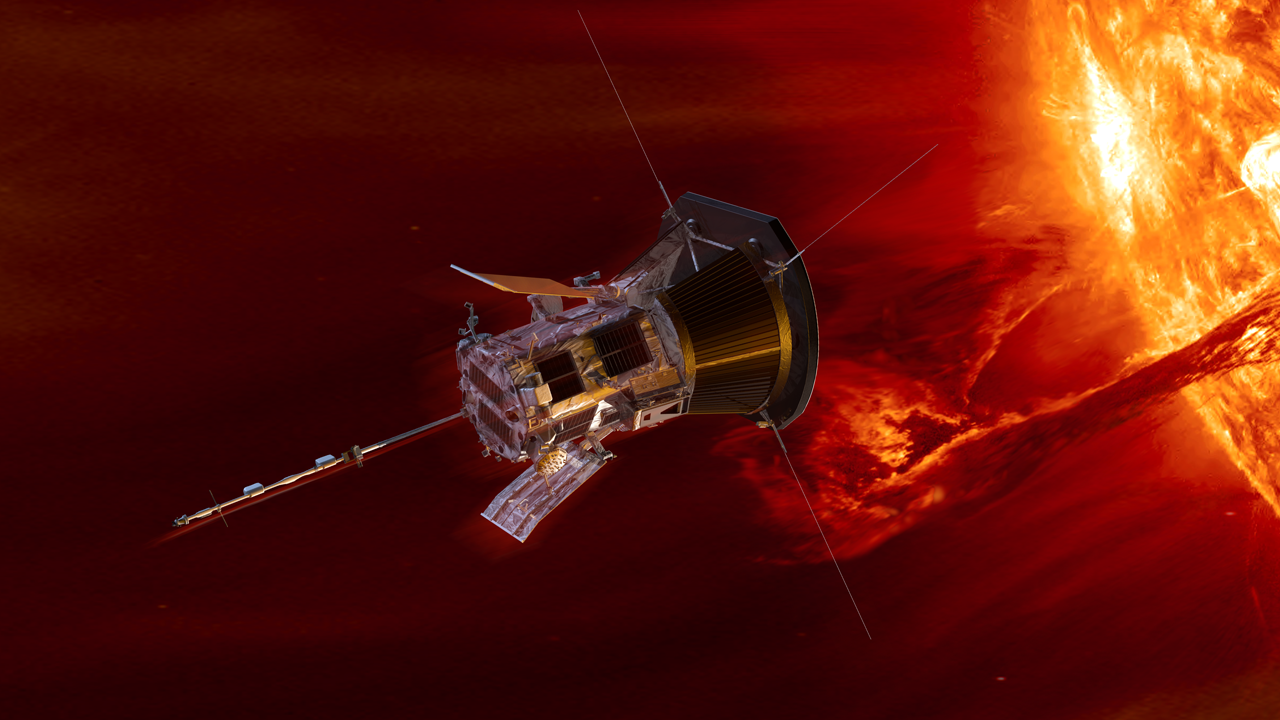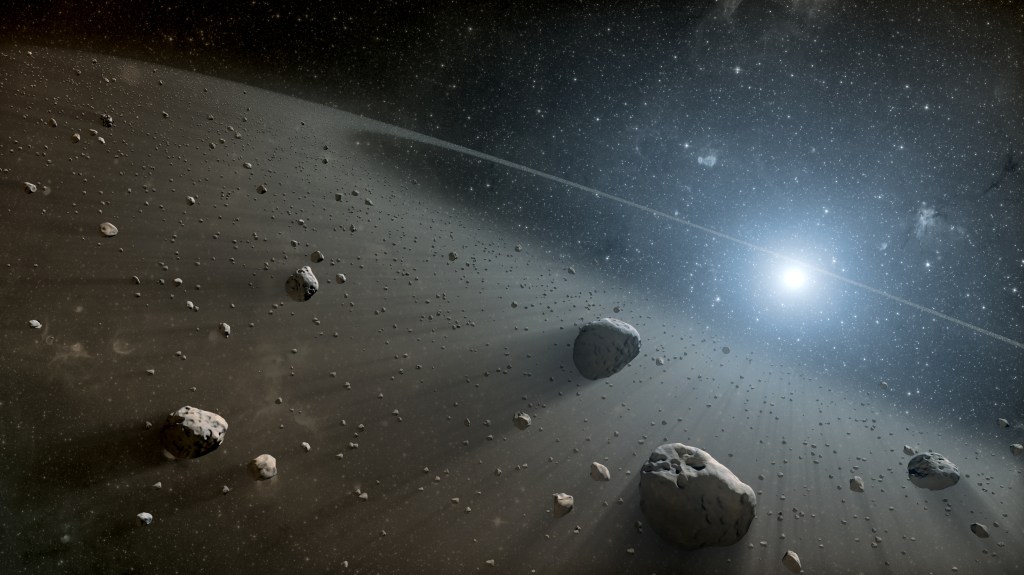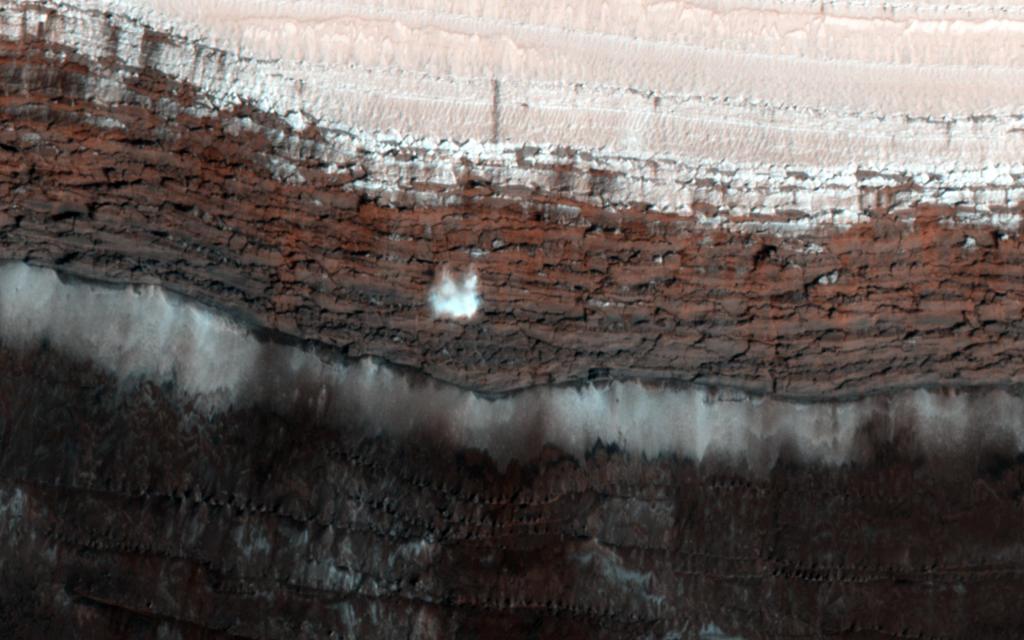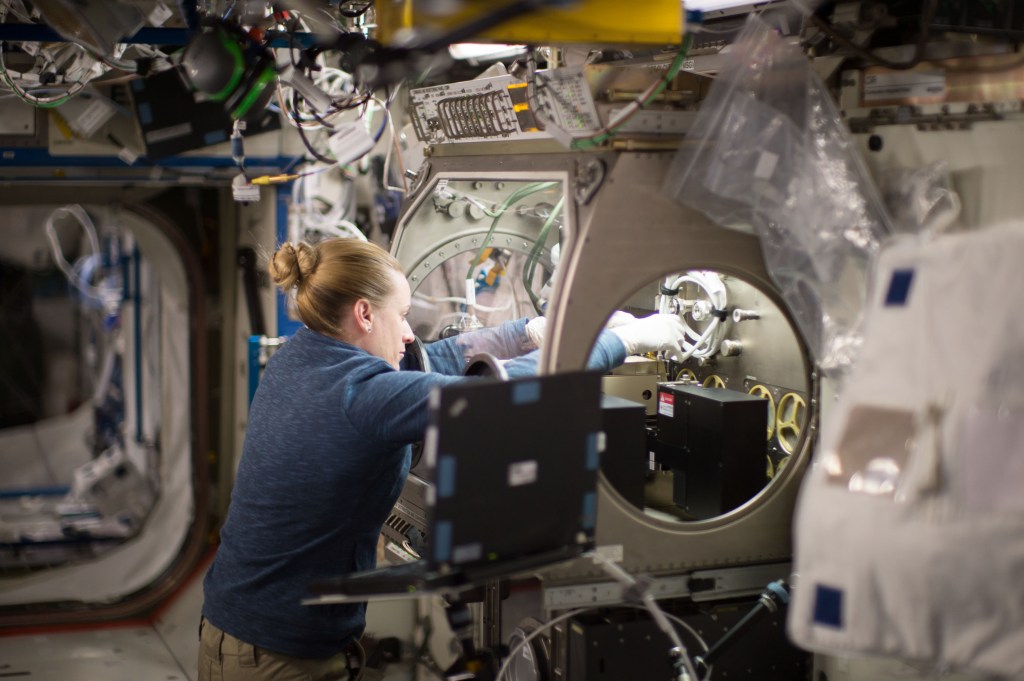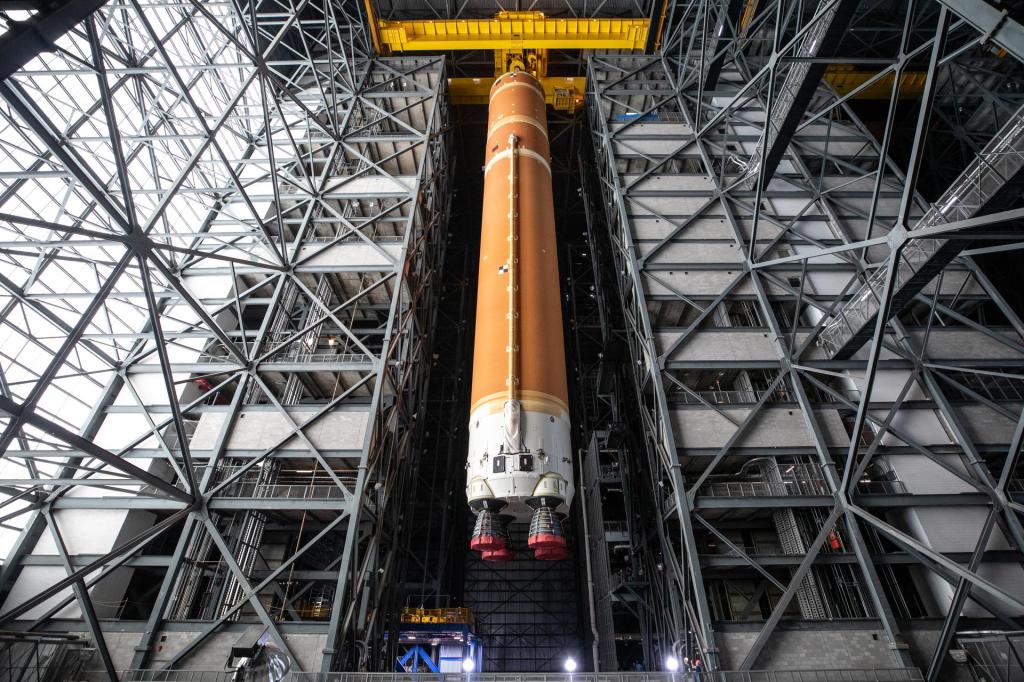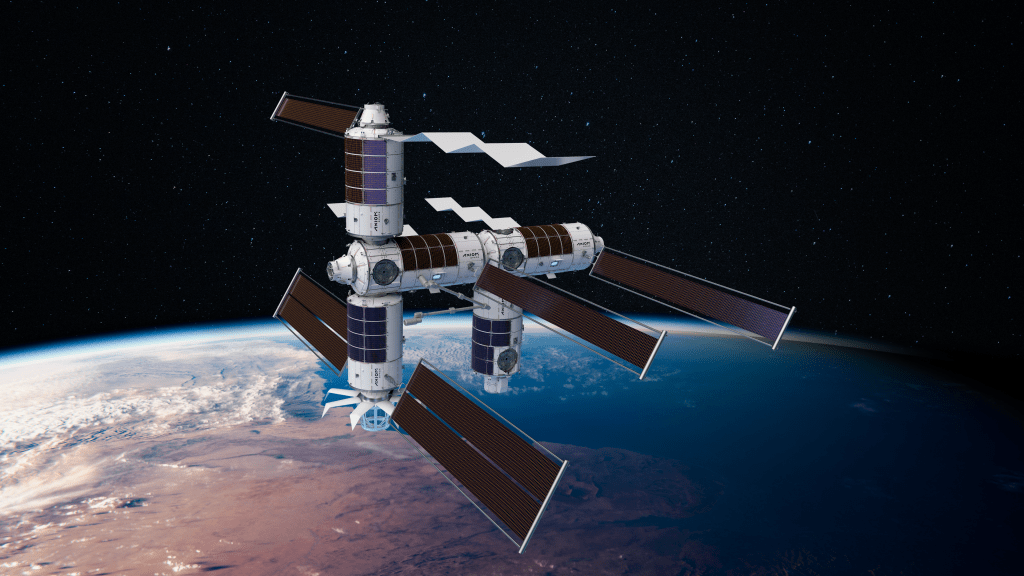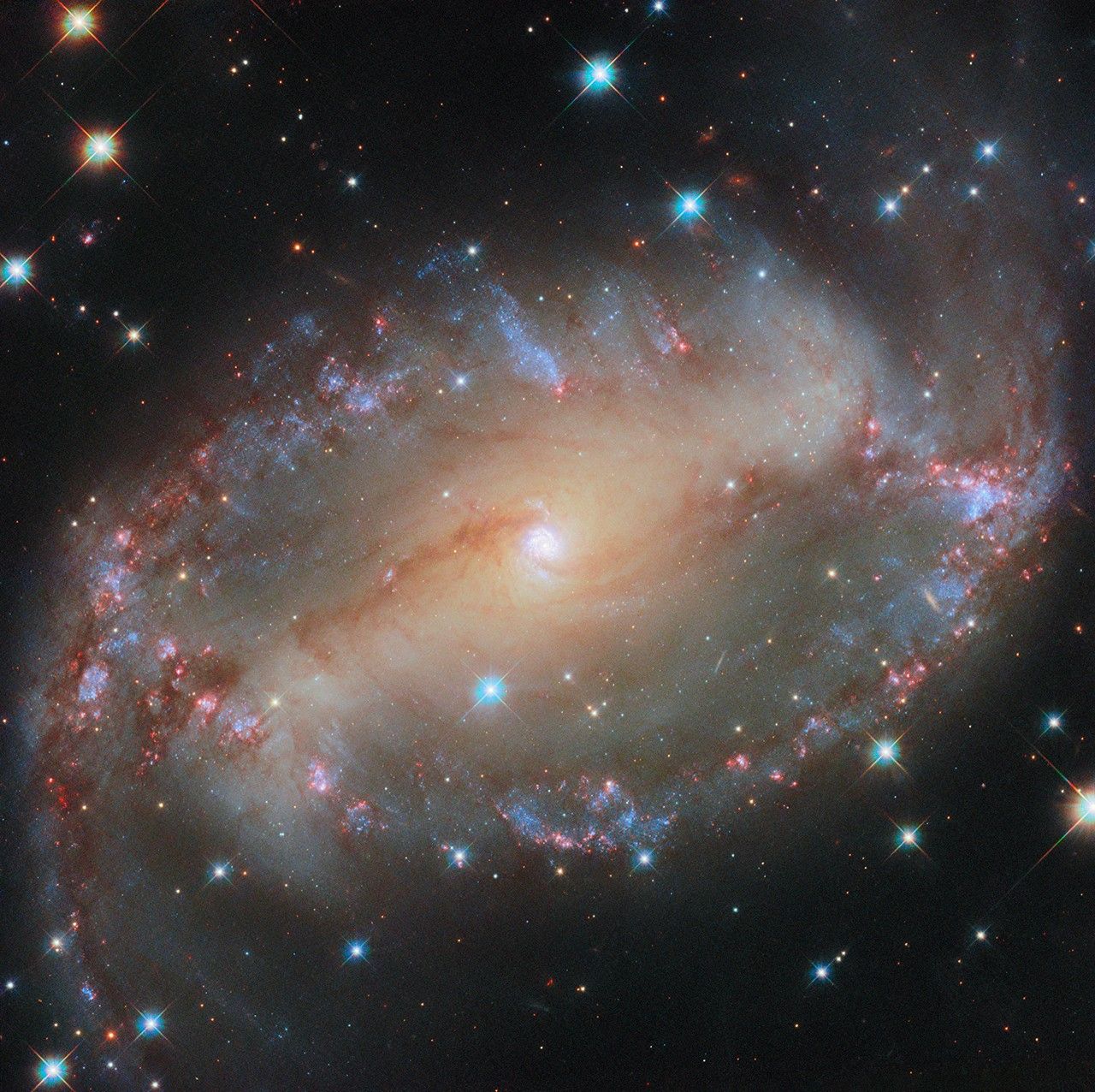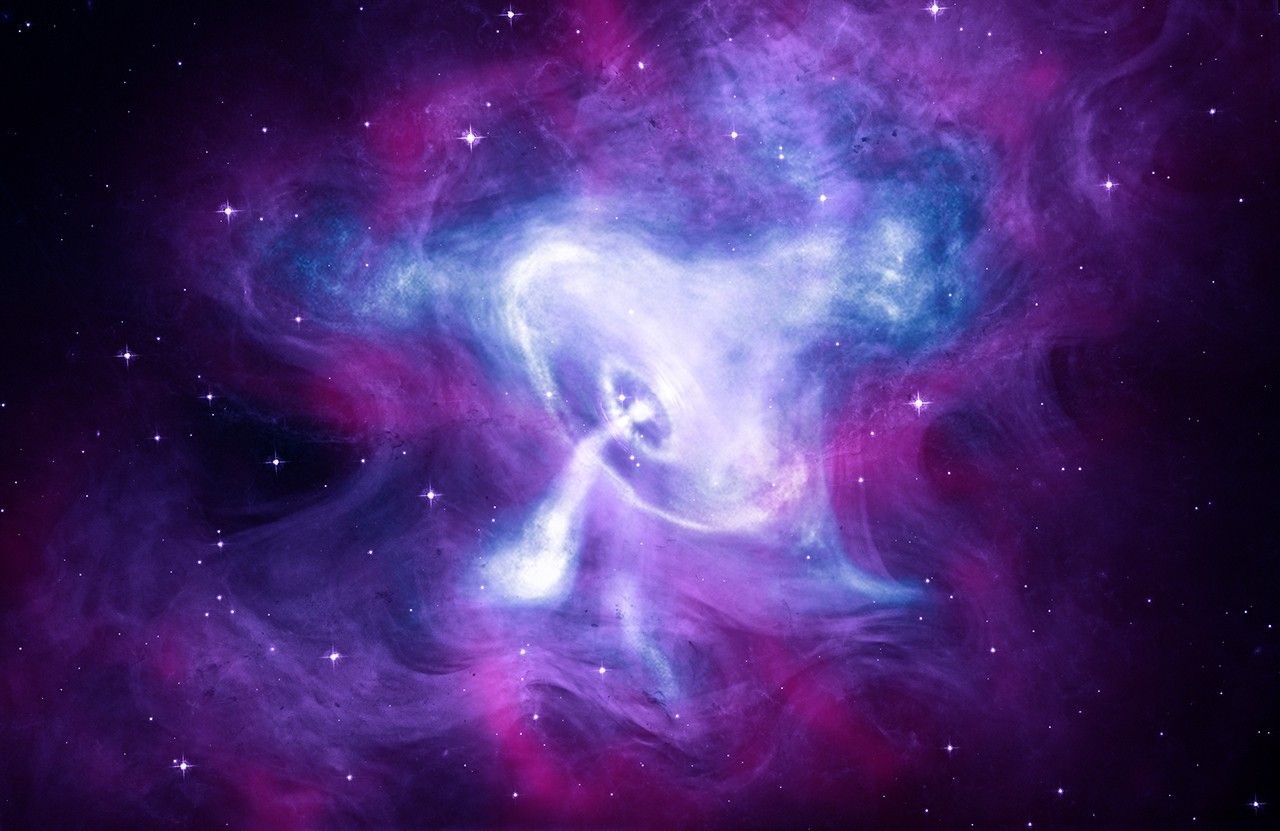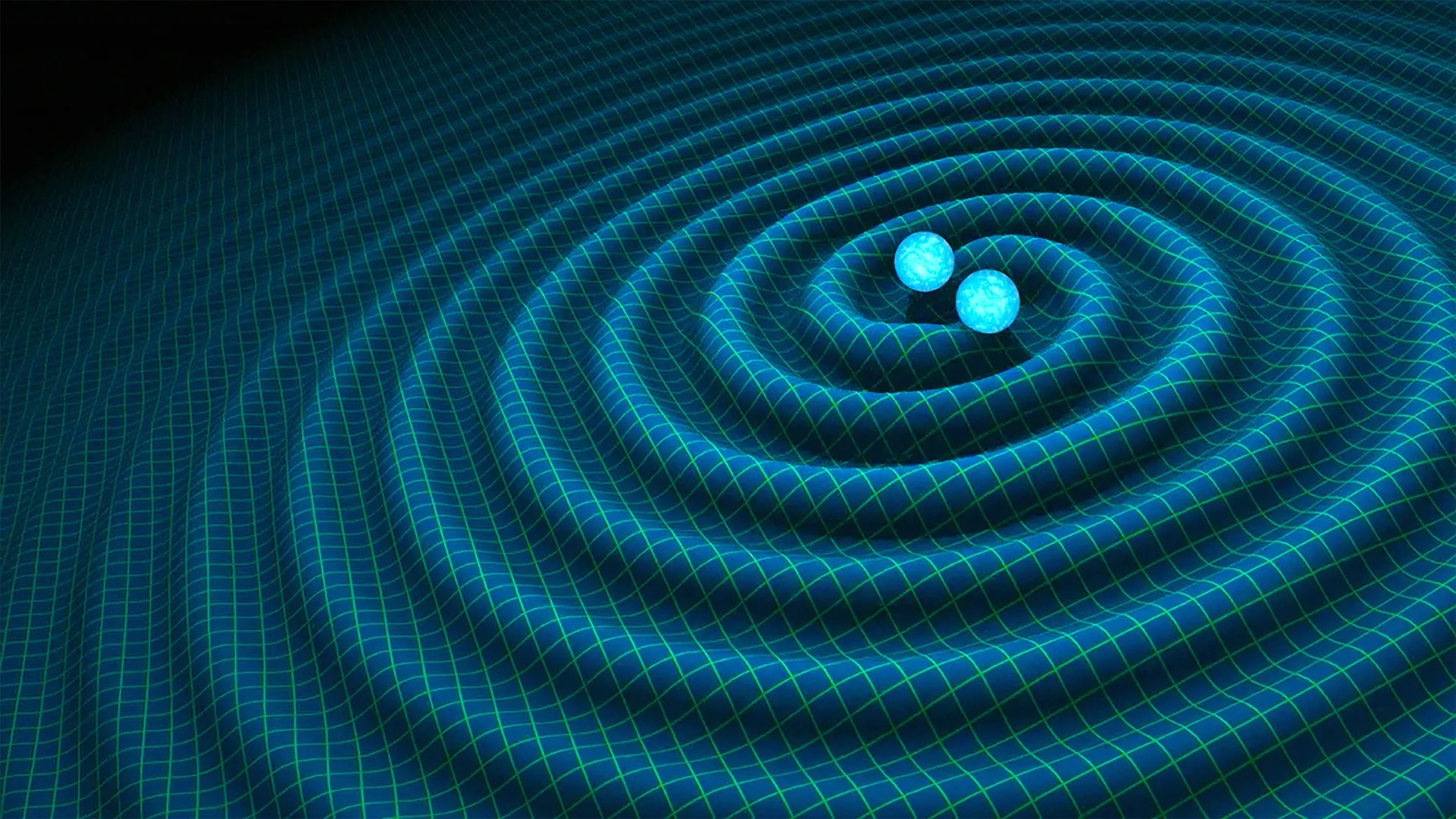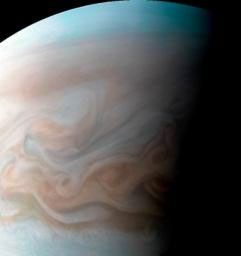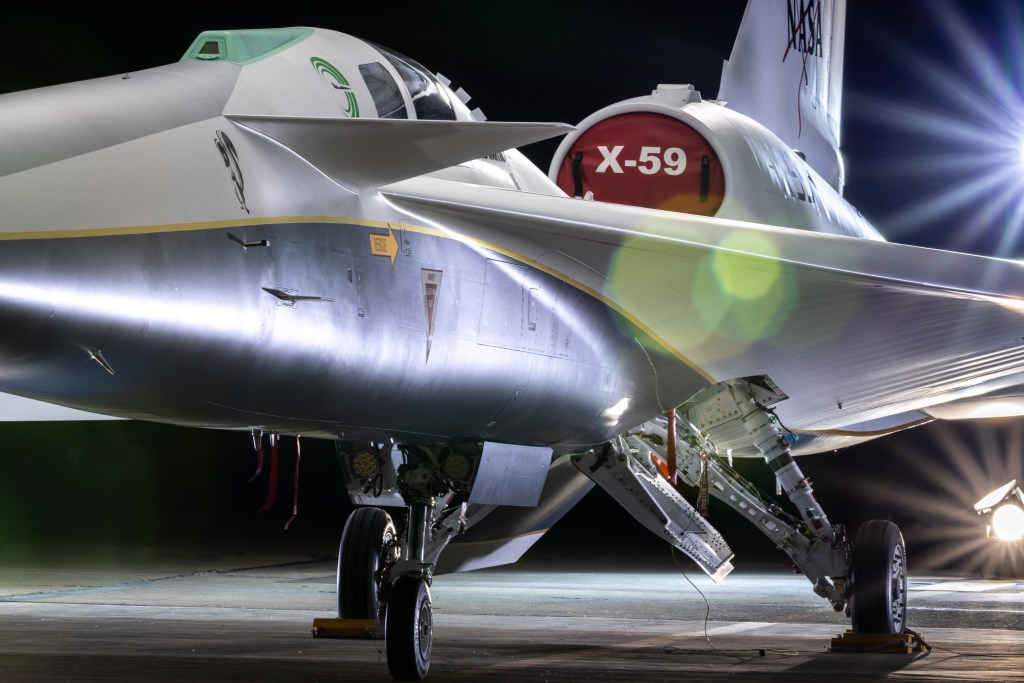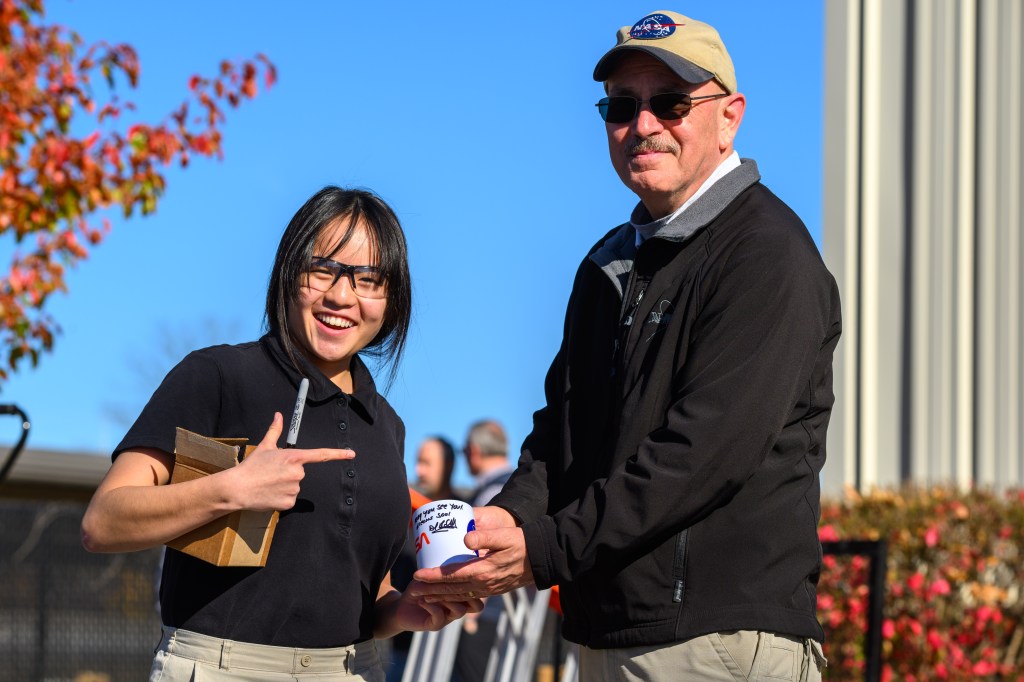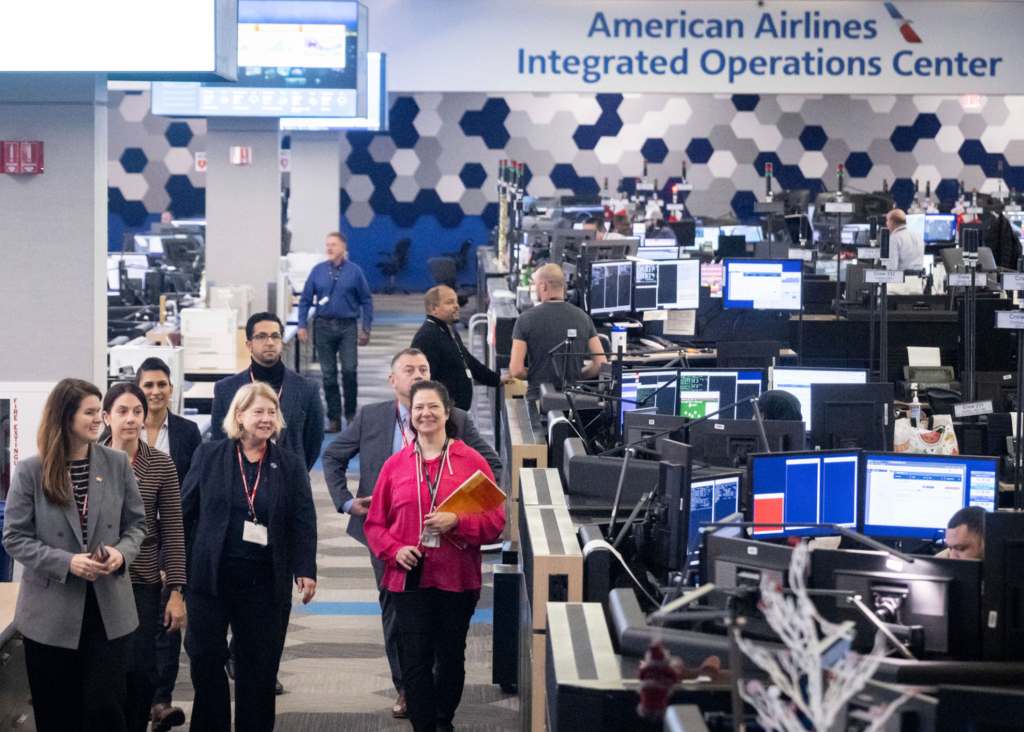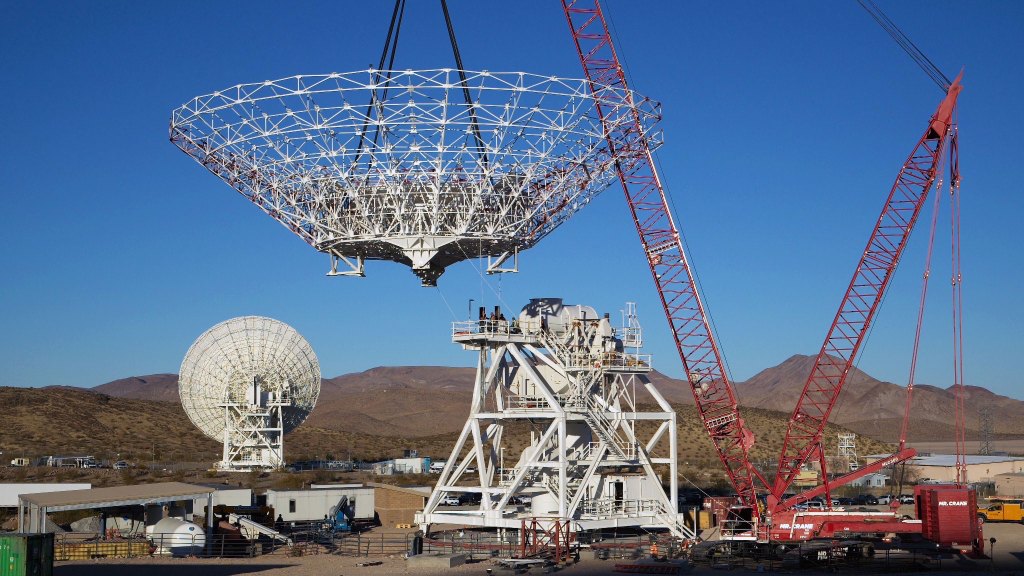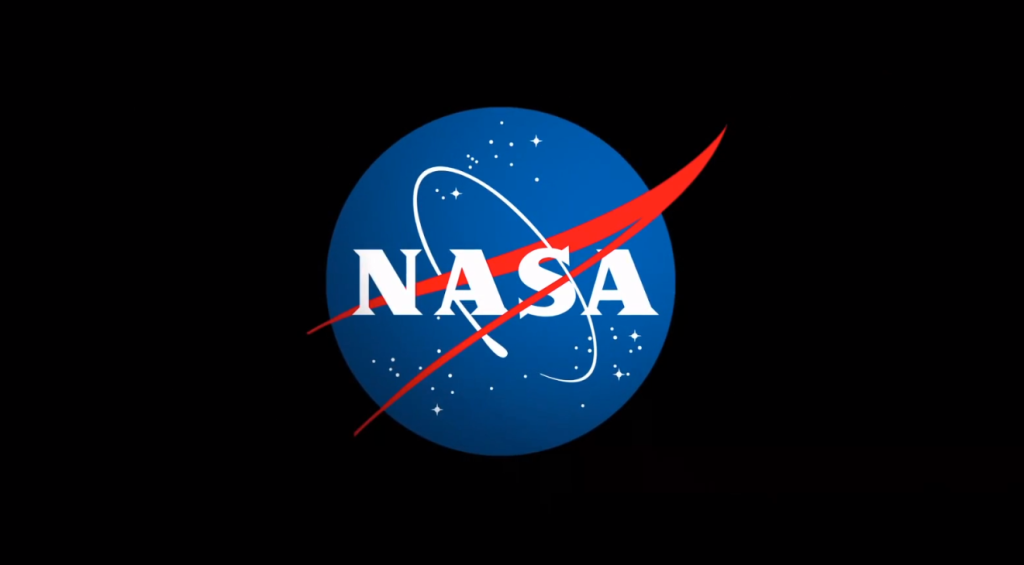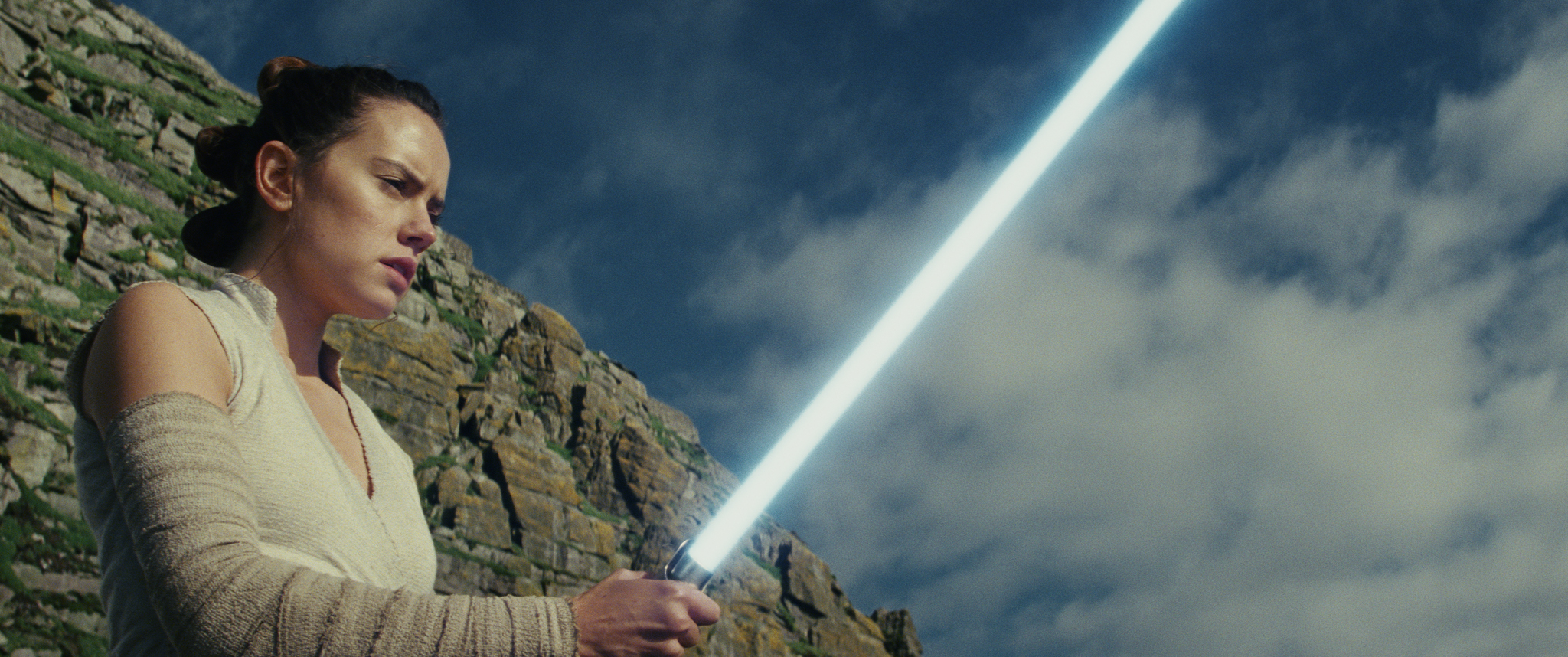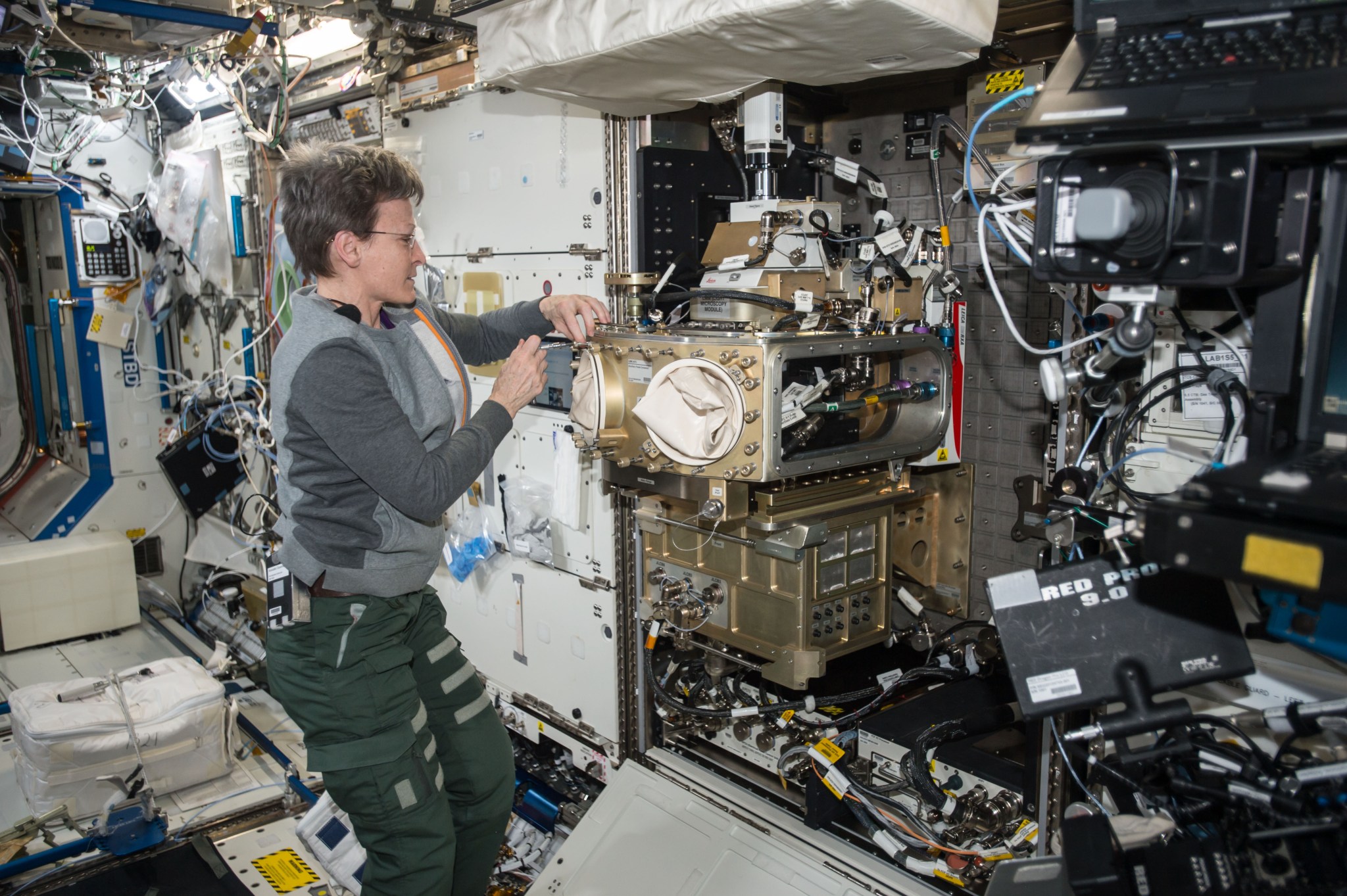So who is “The Last Jedi”? Is it Luke Skywalker? Is it Rey? Other theories? Crew members currently aboard the International Space Station won’t have to wait until they return to Earth to find out. Just as Disney did two years ago for Star Wars: The Force Awakens, the company is sending Episode VIII to space for astronauts to watch in orbit.
Disney will uplink the film to the space station through mission control at NASA’s Johnson Space Center in Houston. Expedition 54 crew members, including NASA astronauts Joe Acaba, Mark Vande Hei, and soon Scott Tingle, look forward to watching the science fiction saga at their leisure while they’re living and working aboard the orbiting laboratory that will enable human and robotic exploration of galaxies far, far away.
Eager to bring in the next crop of Padawans, NASA recently selected its newest class of astronaut candidates as the next generation of American space explorers. Twelve elite men and women with backgrounds ranging from aeronautics to geology and nuclear engineering were hand-picked from more than 18,300 applicants. They will train for two years at NASA Johnson before they become full-fledged astronauts.
Speaking of astronauts, NASA’s record-breaking astronaut Peggy Whitson returned to Earth in September. Like General Leia and Rey, the Force is strong with Peggy – she is the first female to command the station (twice now). Among her accomplishments after three long-duration stays in space, she holds the U.S. record for time in space with 665 days, and places eighth on the all-time space endurance list.
As NASA works to extend human presence farther into the solar system, understanding how the human body reacts to microgravity is a focal point among the hundreds of experiments conducted on station annually. Some of the research on the next cargo resupply flight could rival the healing powers of bacta, including a new synthetic material to accelerate bone repair, and another to combat muscle atrophy.
While Star Wars often relies on the wisdom of ancient aliens like Yoda and Maz, NASA is building on the James Webb Space Telescope to study the history of our universe. Using the agency’s Kepler spacecraft, NASA is able to survey the “outer rim” of the Milky Way to discover hundreds of Earth-size and smaller planets. Of course, we need the ability to communicate in the solar system, and NASA’s Deep Space Network is bigger and better than the HoloNet system used by the Galactic Republic.
Somewhere in the Star Wars galaxy there are likely plans to build a new rebel outpost. NASA’s concept for a deep space gateway would be the agency’s first crew-tended spaceport near the Moon. A sustainable crew presence in deep space will take the best of the Resistance, so NASA is studying this concept with U.S. industry and our space station partners.
A power and propulsion element would be the first element of the gateway staged near the Moon, and it would leverage advanced solar electric propulsion (SEP) technology. Whereas the First Order developed a superweapon to harvest a star’s energy for evil, NASA would use the Sun’s energy to extend the length and capabilities of ambitious new science and human exploration missions. NASA would launch additional elements for a deep space spaceport (including a habitat and logistics modules) on the early crewed missions of the Space Launch System rocket and Orion spacecraft. Once the gateway is assembled in space, NASA’s deep space transport concept could become the agency’s Millennium Falcon.
And while interstellar travelers today only bear resemblance to the flagship of the Rebel fleet, NASA is hard at work pushing the boundaries of human exploration. Perhaps one day scavengers on Saturn will find remnants of the Cassini spacecraft, or humans will look fondly back on Earth from a planet like Jakku.

